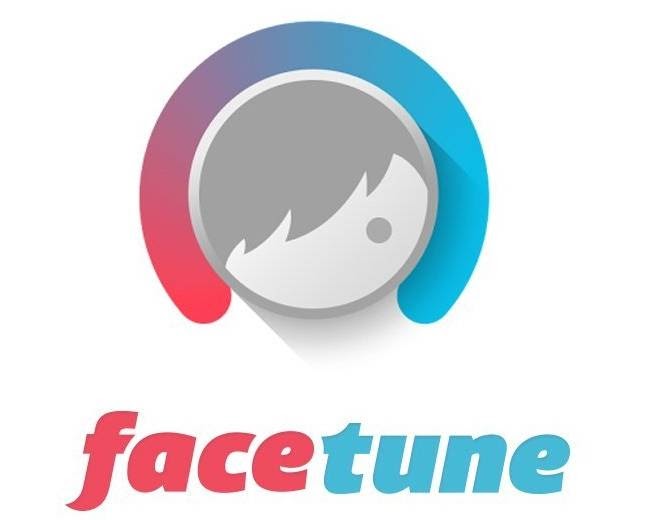Facetune is a photo-editing app which was introduced in March 2013. It allows its users to easily edit how they look in their photos by doing things such as whitening teeth, smoothing out skin and removing acne or pimples. Sounds simple enough, so how bad can it really be?
Well, to start, many of us know that this would probably cause people to develop negative body image, but this has been happening for decades. Now, however, it has moved from shiny magazine covers to virtually everywhere on social media… But how bad is it really? It wouldn’t cause a huge problem if you edited your pictures slightly to make them look better… or would it?
It has. From the 7 years Facetune has existed, it helped perpetuate the same boring “Instagram face”- basically: plump lips, white teeth, a thin nose, big eyes, clear skin and a skinny body. Within 2 years of Facetune being in the app store, it had made about 18 million dollars from 4.5 million downloads, in which the app cost 3 -4 USD. In 2015 [source] and by the end of 2016, the company that created Facetune, Lightricks, had launched Facetune 2, which is free to download but requires its users to pay a monthly fee of $5.99 to unlock all of the features. Its features even include a live-editing feature which allows users to change their photos before they’re taken, and by spring 2018, the app had already been downloaded more than 20 million times, with nearly half a million people paying for all of the features [source].
What makes it so popular in comparison to other apps such as Photoshop, is its simplicity. Unlike Adobe Photoshop, which requires a full course to understand, Facetune has simple symbols to show the user how to use it. It’s only gotten worse over the years as more and more people are undergoing plastic surgery [source].
All-around, despite the many communities of self-love and body positivity on social media platforms, there are just as many communities (if not more) who regularly post their Facetuned selves, hoping for likes and shares- only, they have to be subtle enough so as to avoid getting ‘called out’ for changing their appearance. The truth is that trying to balance authenticity and wanting to make oneself look as good as possible all the time is near impossible.
Now, as stated at the beginning of the article, this does create body image issues, especially in younger people, who may not be able to see a curved fence or background (a key giveaway of an edited full-body photo); they would instead see ‘#body goals’.
However, it isn’t all bad; people are becoming increasingly aware of this. For example, on Instagram, there are many accounts showing before-and-after pictures of the effects of Photoshop on people, one such (highly popular) account is @celebface with 1.3 million followers. There is even a subreddit (R/Instagramreality) that shares the same thing, ensuring that Internet users across all platforms are aware of this distortion of reality.
If there is one thing to take away from all of this, it is: do not believe everything you see on the Internet- and do not compare yourself to online ideals that you know in the back of your mind are unrealistic. This is something we all struggle with, but by succumbing, you are only giving imagined rules power over you. Stay confident and sceptical (and wash your hands!).


